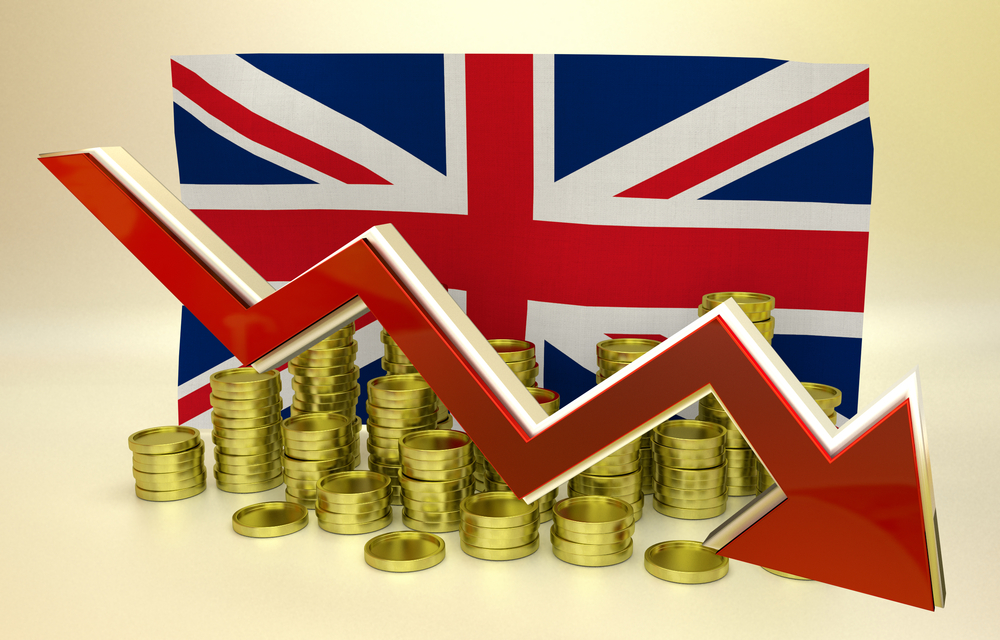Experienced Investor
Should investors avoid overexposure to UK markets?

An advisory firm has cautioned investors from piling into the domestic market but following the shock Brexit vote and falling value of sterling, does the UK present an opportunity for income hunters?
Following concerns the UK would enter recession in the Brexit aftermath, the FTSE 100 reached a 13-month high on Monday. However an advisory firm warns investors should avoid overexposure to the home market.
Despite the positive uptick, Nigel Green, founder of advisory firm deVere Group which has $10bn under advice, urges UK investors to avoid a domestic bias, saying investors should “think twice about overexposure to their home market”.
He gives three principal reasons to be cautious about the UK:
- UK stocks appear expensive: based on their current valuations, relative to their history and a shrinking of profit margins across many sectors.
- The weakening domestic economy: the Bank of England expects zero growth in the fourth quarter and in the first quarter of 2017, while it now forecasts the economy will be 2.9% smaller by the end of 2019 than its May forecast. The economy will weaken because of a pause in investment and big-ticket consumer spending, and disruption to trade with European Union, as we wait to see the impact of Brexit.
- Sterling depreciation: with a weaker economy and the Bank of England loosening monetary policy, sterling may fall further. A weak sterling flatters export earnings for multinationals, so supports their share prices. But weak sterling also increases the cost of imported raw materials and parts that go into manufactured goods. This increases costs, which Green said may mean companies struggle to pass on to the consumer as unemployment rises as the economy weakens.
Green says investors should look to have a globally diversified portfolio: “Despite, or perhaps even because of the UK’s rally, UK-based investors need to ensure their portfolios are adequately diversified – and this includes across geographical regions, as well as assets and sectors.
“The myth that international investing presents a higher risk must be busted. In fact, the more diversified the investment portfolio, encompassing a global reach, the greater the reduction of risk.”
He adds that exposure to foreign markets is also a way of hedging against the falling value of the pound.
But Neil Jones, investment manager at Hargreave Hale, says the falling value of sterling is one of the main reasons to back the UK market rather than avoid it.
He explains that the UK market is very diverse and because of the nature of the FTSE 100 where 75% of profits are derived from overseas, the weak sterling is actually beneficial.
“I’m not worried about over-exposure to the UK market as investing in the FTSE 100 doesn’t mean you’re buying into the UK economy as it’s global.
“The search for income has become harder and harder but there are attractive opportunities out there – for growth prospects and income levels that can be achieved.
“The UK is looking okay, and problems may arise if you buy overseas as there’s additional currency risk.”
Jones adds there are interesting opportunities in investment trusts and many are running at big discounts to their net asset value (NAV). He gives the example of the Law Debenture investment trust, managed by James Henderson at Henderson Global Investors, which has two thirds exposure to the UK, while a third is overseas so it’s “predominantly UK but running at a 10% discount” and offers a 3.25% yield.
On the open-ended side, he lists the Newton Global Income fund as it offers good diversification and income, along with the Artemis Global Income fund as “it’s more value [orientated], rather than going for growth and volatility”.
Stocks-wise, Jones says Arm Holdings, Inmarsat and companies in the healthcare sector such as GlaxoSmithKline should benefit from the weak sterling and stronger dollar.
Philip Harris, manager of the EdenTree UK Equity Growth fund, agrees with Green that some of the UK market looks expensive. However he has picked up some attractively-priced stocks owing to the falling value of sterling.
“While we would agree that certain areas of the UK market look expensive, particularly the large international consumer goods companies such as Unilever and Diageo (very low growth and 20 times price earnings), the UK market particularly in terms of mid and smaller company growth stocks continues to show multiple opportunities.
“Having spent the last few weeks extensively traveling and talking to companies the Brexit risk (outside obvious slowdown in central London property) so far looks limited with input cost and wage pressure manageable. We have used price falls in a number of existing and new holdings to pick up or add attractive positions in stocks such as Patisserie Valerie or Mortgage Advice Bureau. Sterling’s falls also clearly benefits a number of exporters we hold such as speciality plastics company Victrex.”